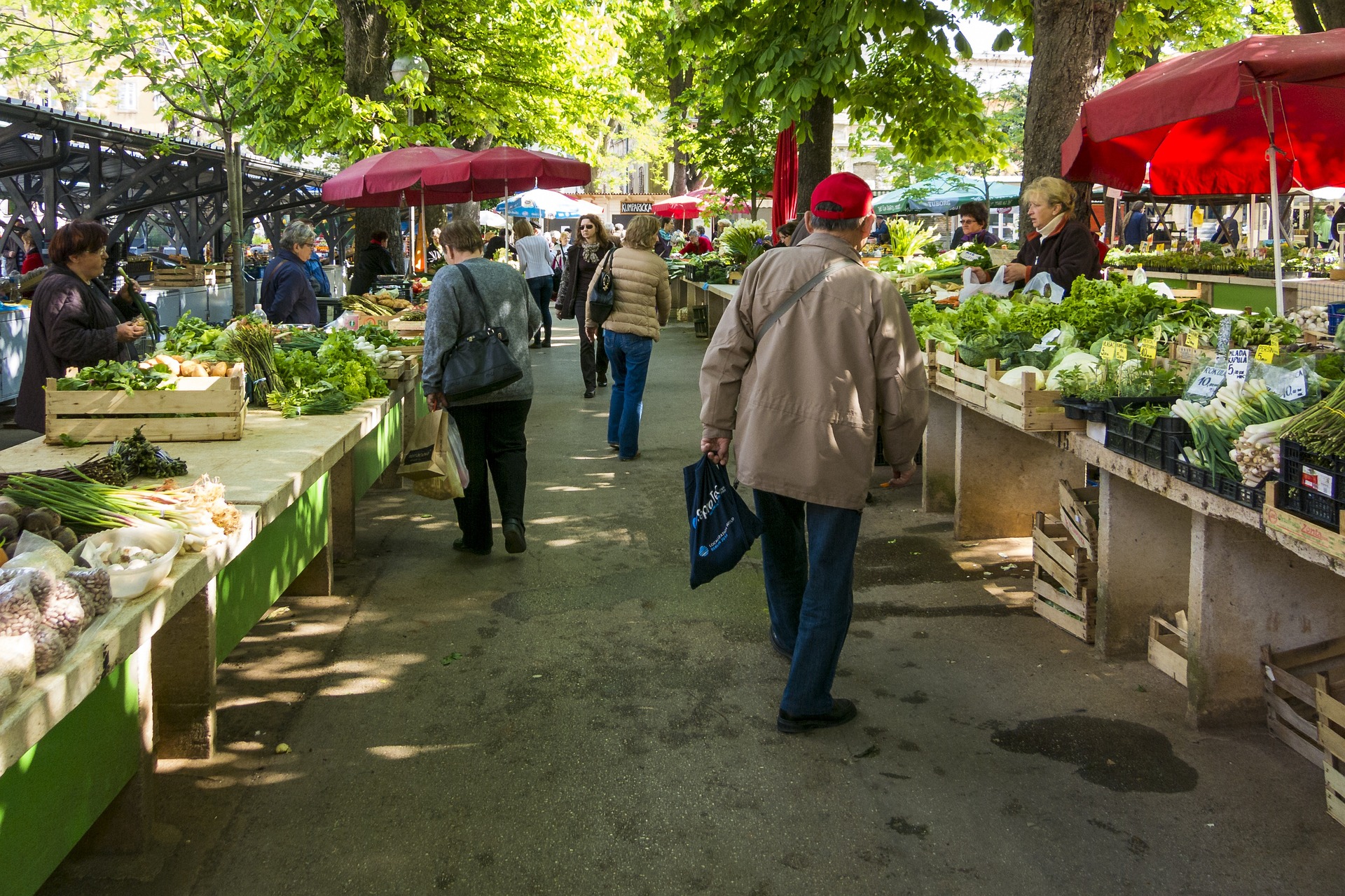Neolocalism: Redefining Community in a Globalized World
The pull of local identity is gaining momentum in an increasingly interconnected world. Neolocalism, a growing sociocultural movement, emphasizes the importance of local distinctiveness and community connections. This phenomenon is reshaping how people relate to their immediate surroundings, influencing consumer behavior, urban planning, and social interactions. Read below to explore the nuances of neolocalism and its impact on modern society.
The Roots of Neolocalism
Neolocalism traces its origins to the late 20th century, emerging as a response to the perceived loss of local distinctiveness in the face of globalization. Sociologists and geographers began noticing a renewed interest in local cultures, traditions, and economies among urban populations. This trend was partly fueled by dissatisfaction with the homogenizing effects of chain stores and global brands, as well as a growing environmental consciousness.
The concept gained traction in the 1990s and early 2000s, coinciding with the rise of the slow food movement and increased awareness of sustainability issues. Neolocalism offered a way for individuals to reconnect with their immediate surroundings and foster a sense of community in increasingly anonymous urban environments.
Manifestations of Neolocalism in Modern Society
Neolocalism manifests in various aspects of contemporary life, from consumer preferences to urban design. One of the most visible expressions is the surge in popularity of locally-produced goods and services. Farmers markets, craft breweries, and artisanal shops have proliferated in urban centers, catering to consumers seeking unique, place-specific products.
In the realm of urban planning, neolocalism has influenced the development of walkable neighborhoods and mixed-use spaces that prioritize community interaction. Cities are investing in public spaces that reflect local culture and history, creating environments that foster a strong sense of place.
The Role of Technology in Neolocal Movements
Paradoxically, digital technologies have played a crucial role in facilitating neolocal movements. Social media platforms and location-based apps have made it easier for people to discover and engage with local businesses, events, and communities. Online marketplaces for handmade goods have provided artisans with wider reach while maintaining their local identity.
Moreover, remote work opportunities have allowed individuals to choose their living locations based on lifestyle preferences rather than proximity to job centers. This shift has led to the revitalization of smaller towns and rural areas, as people seek out communities that align with their values and desired quality of life.
Economic Implications of Neolocalism
The neolocal movement has significant economic implications, particularly for small businesses and local economies. By encouraging consumers to shop locally and support independent businesses, neolocalism helps to keep money circulating within communities. This can lead to increased job creation, higher local tax revenues, and a more diverse economic base.
However, critics argue that neolocalism can sometimes result in economic exclusion, as locally-produced goods often come with higher price tags. This raises questions about accessibility and the potential for neolocal trends to exacerbate existing socioeconomic divides within communities.
Challenges and Criticisms of Neolocalism
While neolocalism offers many potential benefits, it is not without its challenges and critiques. One primary concern is the risk of cultural commodification, where local traditions and identities are packaged and sold as products, potentially losing their authenticity in the process.
Another criticism is that neolocalism can sometimes veer into a form of parochialism, fostering an insular mindset that contradicts the interconnected nature of our global society. Balancing local pride with openness to outside influences remains a key challenge for neolocal movements.
The Future of Neolocalism in a Post-Pandemic World
The COVID-19 pandemic has accelerated many trends associated with neolocalism, as lockdowns and travel restrictions forced people to engage more deeply with their immediate surroundings. The crisis highlighted the importance of resilient local food systems and community support networks.
As we move forward, neolocalism is likely to play a significant role in shaping post-pandemic recovery efforts. Urban planners and policymakers are increasingly recognizing the value of strong local communities in building resilience against future crises. The challenge will be to harness the positive aspects of neolocalism while addressing its potential shortcomings.
In conclusion, neolocalism represents a complex and multifaceted response to the forces of globalization and urbanization. By emphasizing local distinctiveness and community connections, it offers a path towards more sustainable, resilient, and meaningful ways of living. As society continues to grapple with global challenges, the principles of neolocalism may provide valuable insights for creating more livable and vibrant communities.





